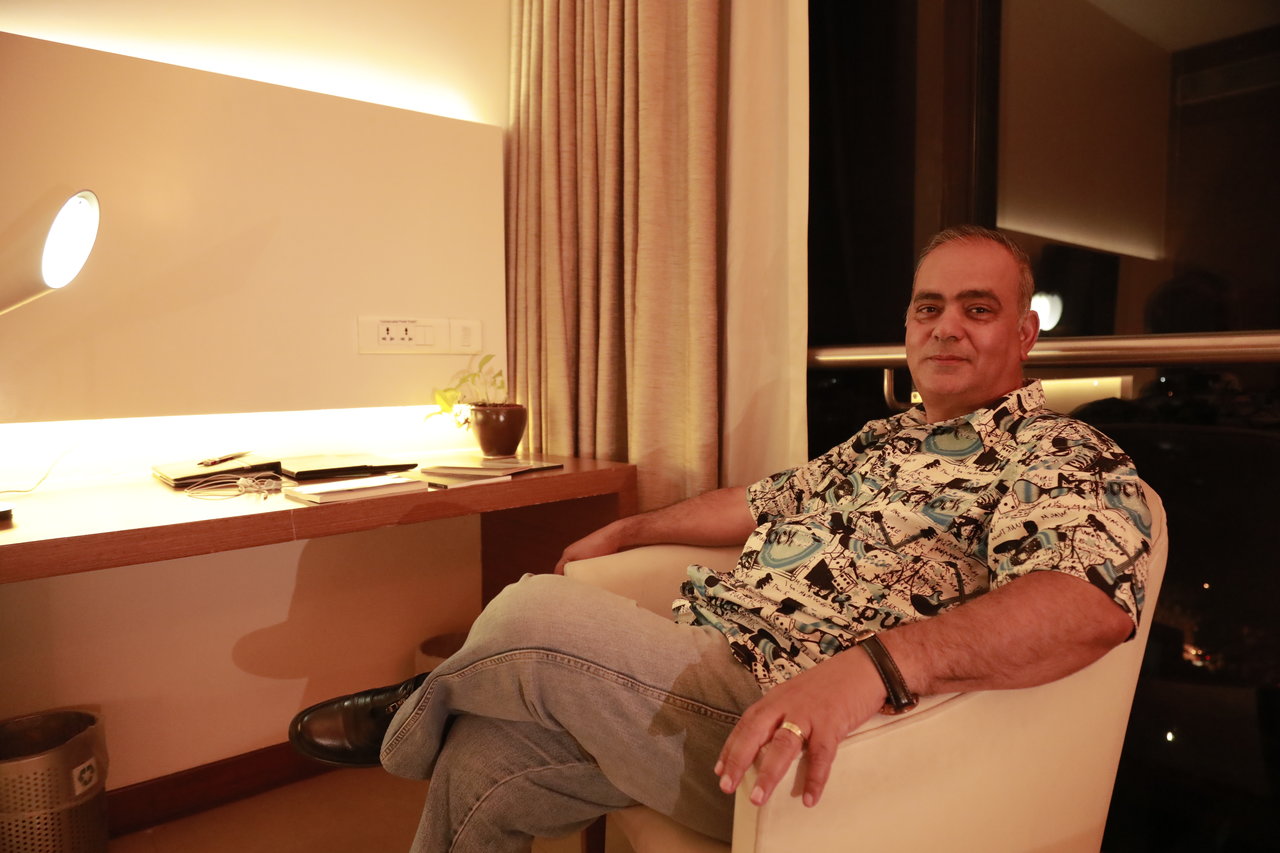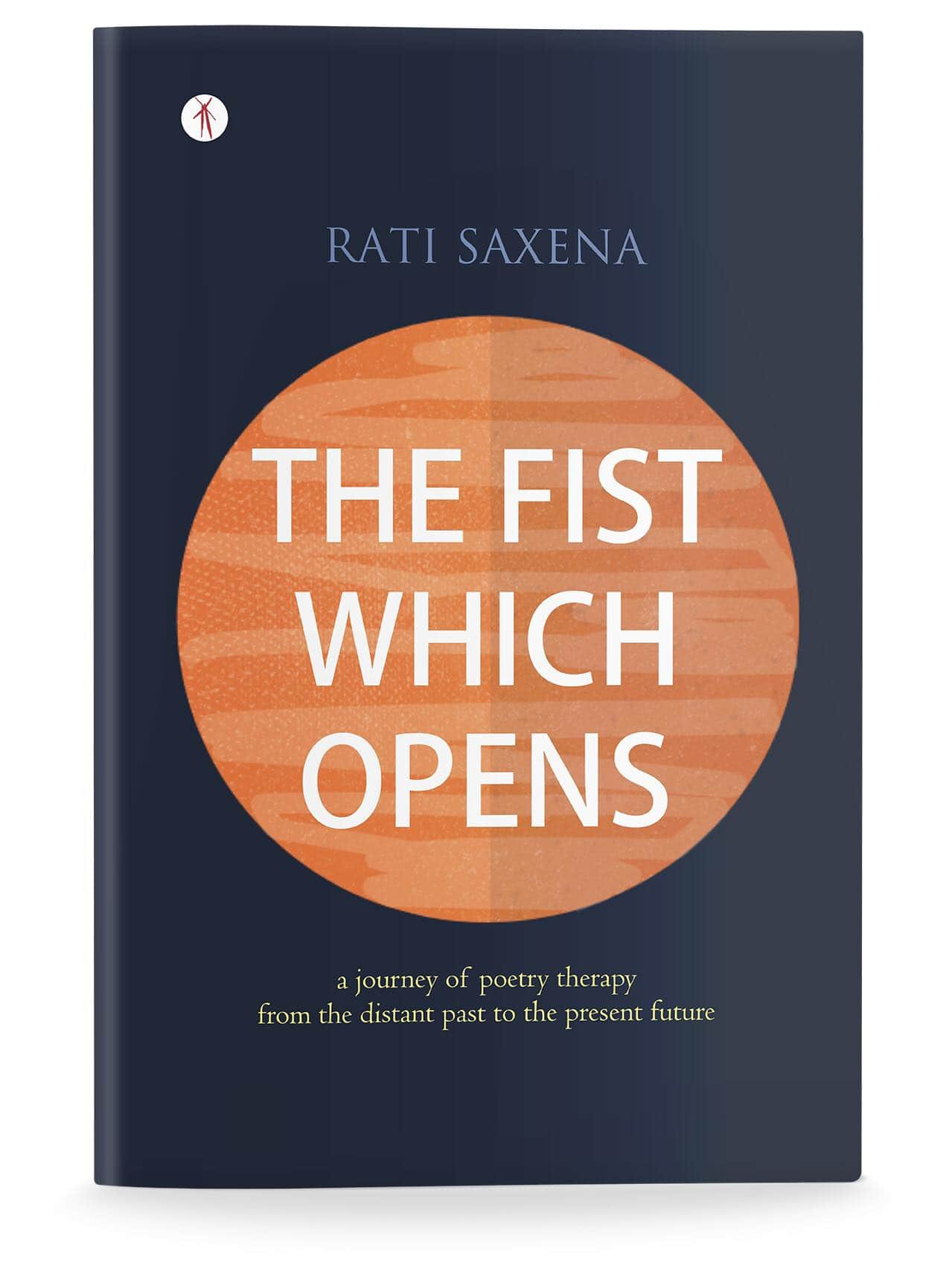

Apart from giving poetry a healing power inherited by a religious text through ages, I consider poetry as the eternal remedy for poets themselves. Poetry heals poets first, to make them try accomplishing their mission by healing the world, says Egyptian poet Ashraf Dali
Four years ago, Dr. Rati Saxena was a part of 12 poets who visited a hospital in Kerala during a poetry festival. The poets were divided into three groups of 4. In the cancer ward, with her contemporaries from Malaysia, Indonesia and Ireland, Saxena witnessed how they used the power of their art to bring hope to the patients. One of them sang a song of hope, while the other narrated his own experience as a tuberculosis patient and how poetry helped him heal and the third asked the patients to raise their imagination in the spirit of poetry by asking them a simple question—have you ever imagined what the sea dreams? The experience culminated into a book where Dr. Saxena examines the effect of poetry as a healing tool throughout, from ancient vedic times, across religions, regions, cultural contexts, to modern times.
In his comments on Dr. Saxena’s book The Fist Which Opens, Egyptian poet Ashraf Dali says that:
From my experience, we can all add similar stories to show how words can make the spaces around “abuzz with energy”. In a visit to Costa Rica, during its famous international poetry festival, we were given the chance to read our poems, in our own languages with a Spanish translation. It was normal to read poetry before students in schools and universities, or to recite our poetic lines in front of an audience in a cultural center, but the most exciting experience was offering our readings to prisoners, who came from their jails to witness these free voices. I could see how they would close their eyes to set themselves free for minutes with such dreaming words:
“The dreaming prisoner
Is asking his unjust guard
How would you know
You are not my prisoner?
Aren’t we separated by
The same bars?!”
So, prisoners, who were some sort of socially maladjusted people, punished for committing different crimes, needed that healing time, and poetry recitation was a perfect choice. Of all the sections Dr. Saxena wrote about in her book. I was particularly drawn to and would like to focus on poetry therapy in religion— referring to beliefs, actions, and institutions which assume the existence of supernatural entities with powers of action, or impersonal powers or processes possessed of moral purpose.

Dr. Saxena starts with Hinduism and Christianity. When she writes about Sufism, she considers it a diverted stream from Islam. So I would like to make some points about Islam and poetry. At the very beginning, the tribes of the Arabian Peninsula acted out against Prophet Mohammed, who came as a messenger calling for a new religion. The reason they cited was that, “he is not a prophet, he is just a poet.” This tells us how verses of the Holy Quran were similar to the poetic verses, but less in value!
Since early years, young Muslims—here I am talking about the modern Arab world—have been introduced to two facts. One is learnt by heart, that the Holy Quran is a text by Allah sent to believers through the Prophet Mohammed, and the second is observed by them along the years, the power of poetic music in the holy book verses.
While it is not respectable to compare the two texts—the sacred and the secular, it is easy to detect that one factor of the poetry strength is that similarity between its rhyming content and the typical ones of the heavenly verses. Arabic and Muslim ears therefore, if we could give them such a phrase, were linked to the vocal poetry because of that little secret link.

So, if we dig deeper, we can find that power is transferred in the circular gatherings of religious rituals and ceremonies, by repeating some refrain, as if it is a line of a holy poem. Those ears did not accept the new poetry when it lost its musicality, as if it lost its authority. This is why cultural rounds away of loud vocal poems are missing believers in poetry.
Apart from giving poetry a healing power inherited by a religious text through ages, I consider poetry as the eternal remedy for poets themselves. Poetry heals poets first, to make them try accomplishing their mission by healing the world. Poets are these patients etherized upon global tables when the dark evenings are spread out against the sky, going through certain half-deserted streets, seeking postponed hopes to cure themselves and the world.
A final remark will be on the title itself, as I read it. The Fist Which Opens, takes me to its symbolic meanings—as we open our fists to shift from struggle (war) to shake hands (peace), it is also a sign in local traditions to read the marks and lines in the palm of your hands (futuristic imagination), it is also a symbol for giving, and a way to be open and transparent, has nothing to hide.